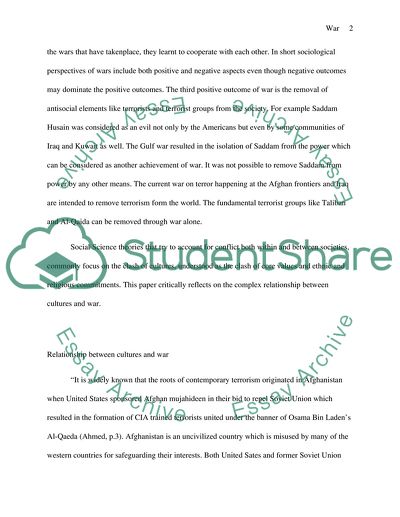Cite this document
(Sociology of War Term Paper Example | Topics and Well Written Essays - 2500 words, n.d.)
Sociology of War Term Paper Example | Topics and Well Written Essays - 2500 words. Retrieved from https://studentshare.org/military/1743233-sociology-of-war
Sociology of War Term Paper Example | Topics and Well Written Essays - 2500 words. Retrieved from https://studentshare.org/military/1743233-sociology-of-war
(Sociology of War Term Paper Example | Topics and Well Written Essays - 2500 Words)
Sociology of War Term Paper Example | Topics and Well Written Essays - 2500 Words. https://studentshare.org/military/1743233-sociology-of-war.
Sociology of War Term Paper Example | Topics and Well Written Essays - 2500 Words. https://studentshare.org/military/1743233-sociology-of-war.
“Sociology of War Term Paper Example | Topics and Well Written Essays - 2500 Words”, n.d. https://studentshare.org/military/1743233-sociology-of-war.


